JUNE IS PRIDE MONTH
June is Pride Month and that means something different for everyone. Let’s talk about what Pride might mean for you, your mental health, and your relationships this year!
Why is Pride month so important?
Being gay wasn’t always like this. We now see queer stories, art, and entertainment being lifted in the media. It’s magical to see celebrations and stories that reflect a variety of experiences, identities, and loves. But there is still much pushback from people who do not believe in the existence of love in its many beautiful forms.
Pride is important because there is still so much pain and potential for risk lurking in the shadows of the most brightly lit magic. Pride is important so that we can keep shining that light and press your safety into every space you exist in.
A brief history of Pride Month
Pride is, in modern days, an amplification of queer voices and community activism. There are Pride product lines, hashtags, and movements. For many, it’s a celebration of their identity and experience. It was not always like this. The Pride we know now has grown from a grassroots movement of protest and aggressive activism born from hatred and oppression.
You can read more here (including about the awesome history of the rainbow flag), but Pride history isn’t a glitter-blasted lesson in gay wonder. It’s rooted in pain and trauma. Looking directly at these things may be hard, but it only serves to amplify the benefit of individual and collective healing that can happen when you’re caring for your mental health.
Counseling can help you year-round (but especially during Pride)
Being a part of the community looks different for everyone but there is one shared truth in our experiences: it took immense bravery to identify your truth and begin to share it with others in your life. During Pride month, you get the chance to celebrate among others who can relate to that—but it might also remind you of the things you’ve lost and pain you’ve felt along the way.
Instances of bullying or abuse are reported in up to 42% of LGBT youth, and Pride may heighten the trauma associated with past or current experiences. Mental health therapy is a massively beneficial tool in finding healing from those experiences. Counseling can also support a positive relationship with your mental health through an evolving toolbox of skills and support. During Pride month, these tools can be applied with precision to whatever may come up through celebration, advocacy or when you feel triggered by events or emotions.
Making pride plans when you’re anxious
During Pride month, it might feel like there are events of every flavor available. It’s been a long two years and the pandemic drum beats on in an inconsistent rhythm that it seems not everyone can hear. The idea of celebrating as a collective and rubbing shoulders with strangers to do so might be anxiety-inducing and that’s okay. You don’t have to do big things! Your Pride can look however you want.
If you’re comfortable with these big events and just not sure where to start, try prioritizing the experiences that will mean the most to your personal journey. While it’s great to see so much support, it can also feel a little bit false when some companies use the culture of the queer community as marketing collateral. Whether you’re running out of room on your dance card or just not feeling the collective experience of Pride, there’s no wrong way to mark the passing of the month in your life.
Should I share these events with my partner(s)?
For partnered people, this is a natural question to ask. It’s particularly multifaceted when you have had vastly different journeys in love and sexuality, or when you are newly partnered with someone. You may be struggling with your relationship or just not sure. No matter what your uncertainty about sharing Pride with your partner, have an honest conversation. Discussing impact, ideals and the meaning of the month with one another may help you decide how to make plans and which to share together.
During Pride, you can bask in the community and culture sharing of your identity. It can also feel difficult and hard to navigate those things and care for your mental health, especially if you’re living in an area where your “non-traditional” relationship style stands out. You do not have to take it on alone.
For more information on Akron’s Pride this year, check out their site.
If you’re still trying to navigate your way through your Pride this year, reach out when you’re ready to embrace your Resilience with us.




